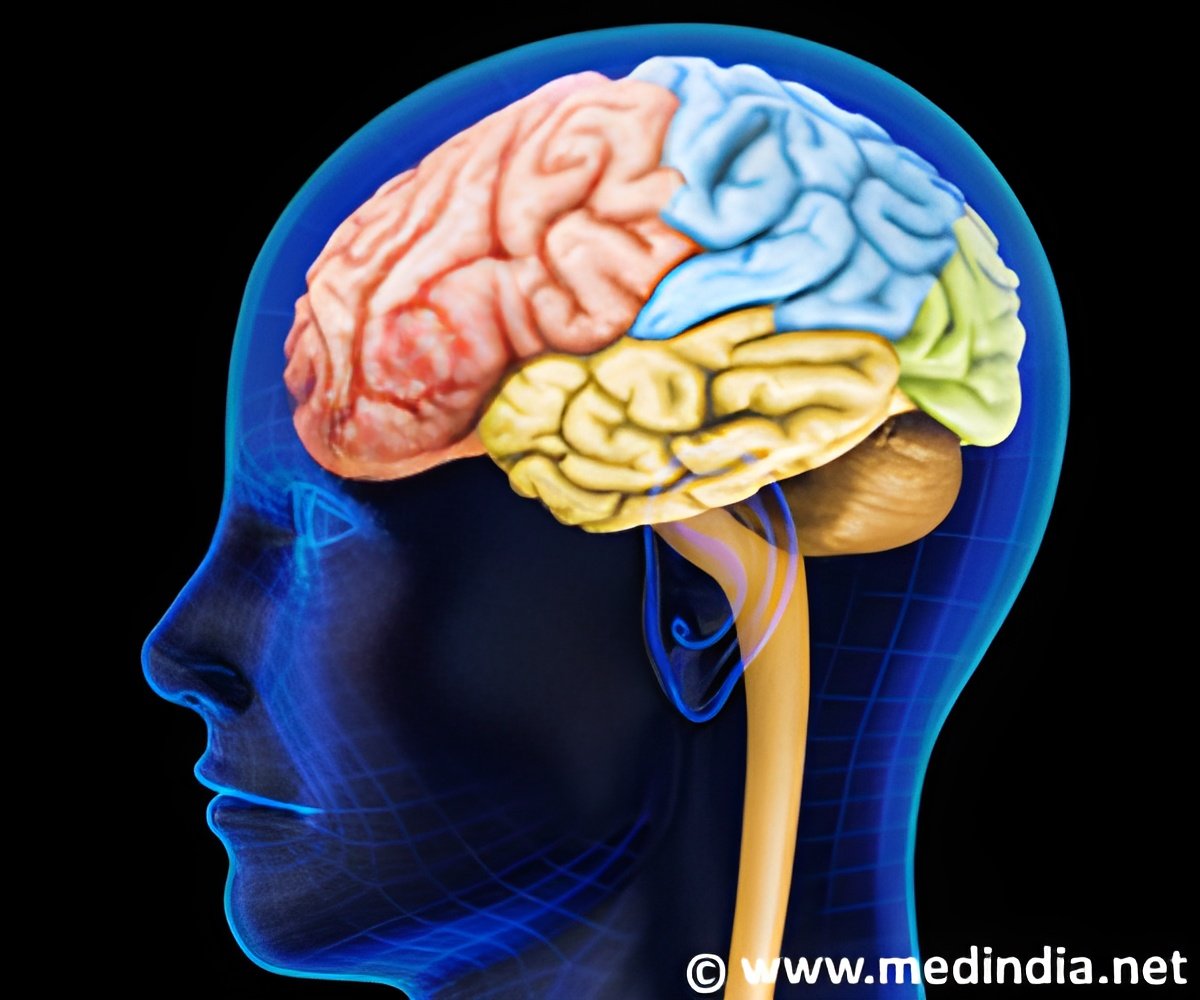
In one model- exemplar- a decision is framed around concrete traces of memories, while in the other model- prototype- the decision is based on a generalized overview of all memories lumped into a specific category.
Whether one model drives decisions more than the other has remained a matter of debate among scientists for more than three decades. But according to the findings, the exemplar model is more consistent with decision-making behaviour.
According to the findings, behavioural research alone cannot determine whether a subject uses the exemplar or prototype model to make decisions. With brain-imaging analysis, researchers found that the exemplar model accounted for the majority of participants' decisions.
The results showed three different regions associated with the exemplar model were activated during the learning task: occipital (visual perception), parietal (sensory) and frontal cortex (attention).
While processing new information, the brain stores concrete traces of experiences, allowing it to make different kinds of decisions, such as categorization information (is that a dog?), identification (is that John's dog?) and recall (when did I last see John's dog?).
Advertisement
The study was published in journal Current Biology.
Advertisement













